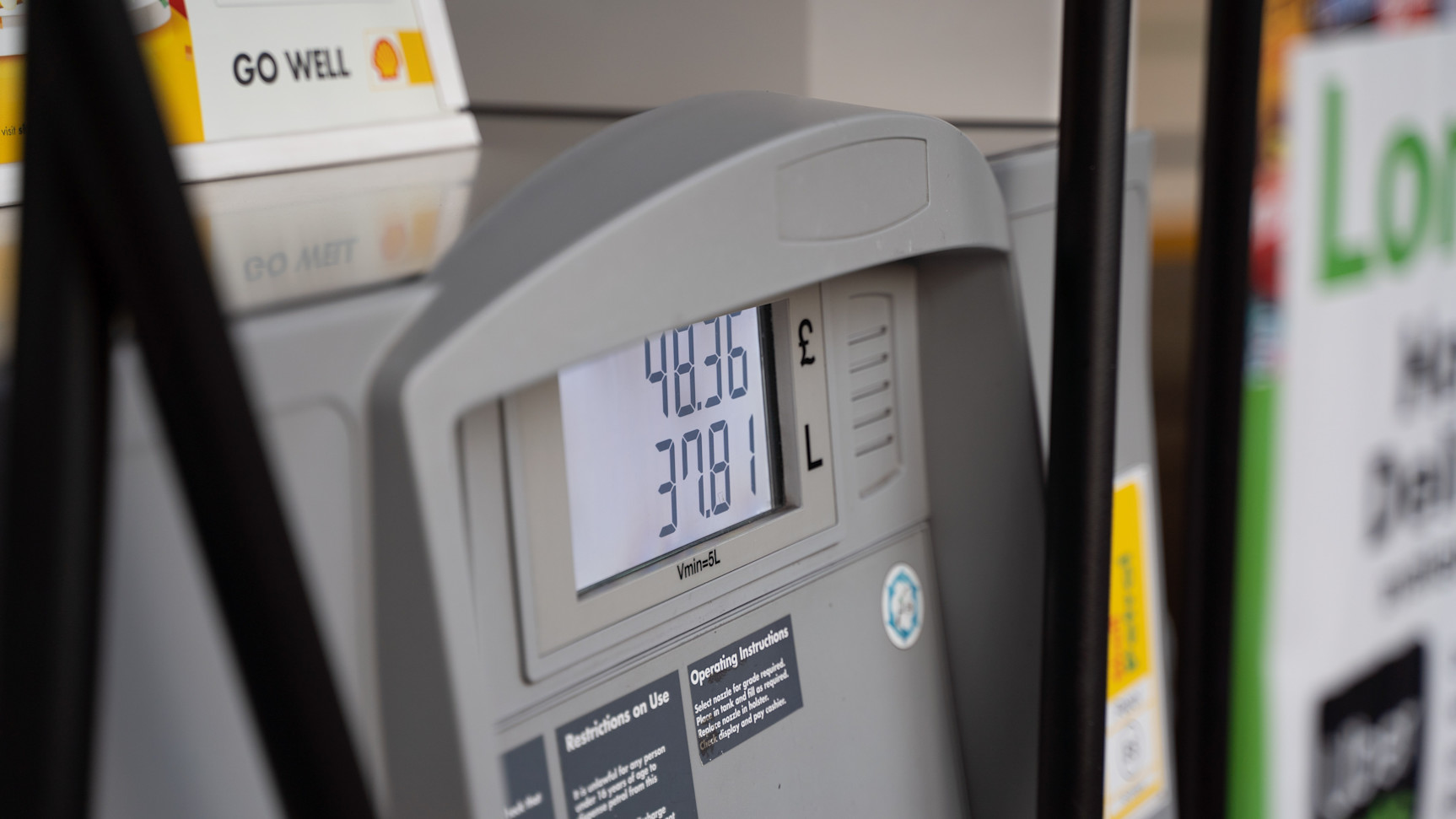
Apr 13, 2022
Sterling unfazed by 30-year high in UK inflation
Sterling has remained relatively unfazed after UK inflation data showed the highest rise in prices in 30-years.
Data showed prices rose 7.0% year-on-year in March, up from 6.2% in February and above forecasts for 6.7%. Prices have been rising sharply since the pandemic hit supply chains, shipping costs and energy prices. A jump in fuel prices since the Ukraine conflict started has made a large contribution to these elevated levels and the concern is that this data does not yet reflect the average 54% increase in home energy prices that started from 1st April.
As such, this data makes it likely the Bank of England will continue with their rate hike cycle to attempt to cool price levels. There are major concerns that these spiralling prices are likely to tip the UK into recession as households struggle to pay their bills and consumer spending on non-essential goods/services drops off. The BoE certainly have a difficult challenge to get prices under control but also to not limit our fragile recovery from the pandemic. Markets are still fully expecting them to raise rates again at next month’s meeting though.
In other news, the Euro has weakened as hopes have faded on an imminent resolution to the war in Ukraine. Yesterday, President Putin stated that peace talks had reached a ‘dead end’ after Ukraine’s claims of war crimes by Russia and that Russia hadn’t yet met its ‘noble’ aims in the country.
As a result, the GBP/USD hit the lowest levels since late-2020 and remains at very subdued levels. The GBP/EUR trades towards the top of its range and over 1% from its April lows. The EUR/USD continues to struggle and trades around the lowest levels since May 2020. Markets will look towards tomorrow’s ECB interest rate meeting to see if President Lagarde can lend some support to the Euro or not.
